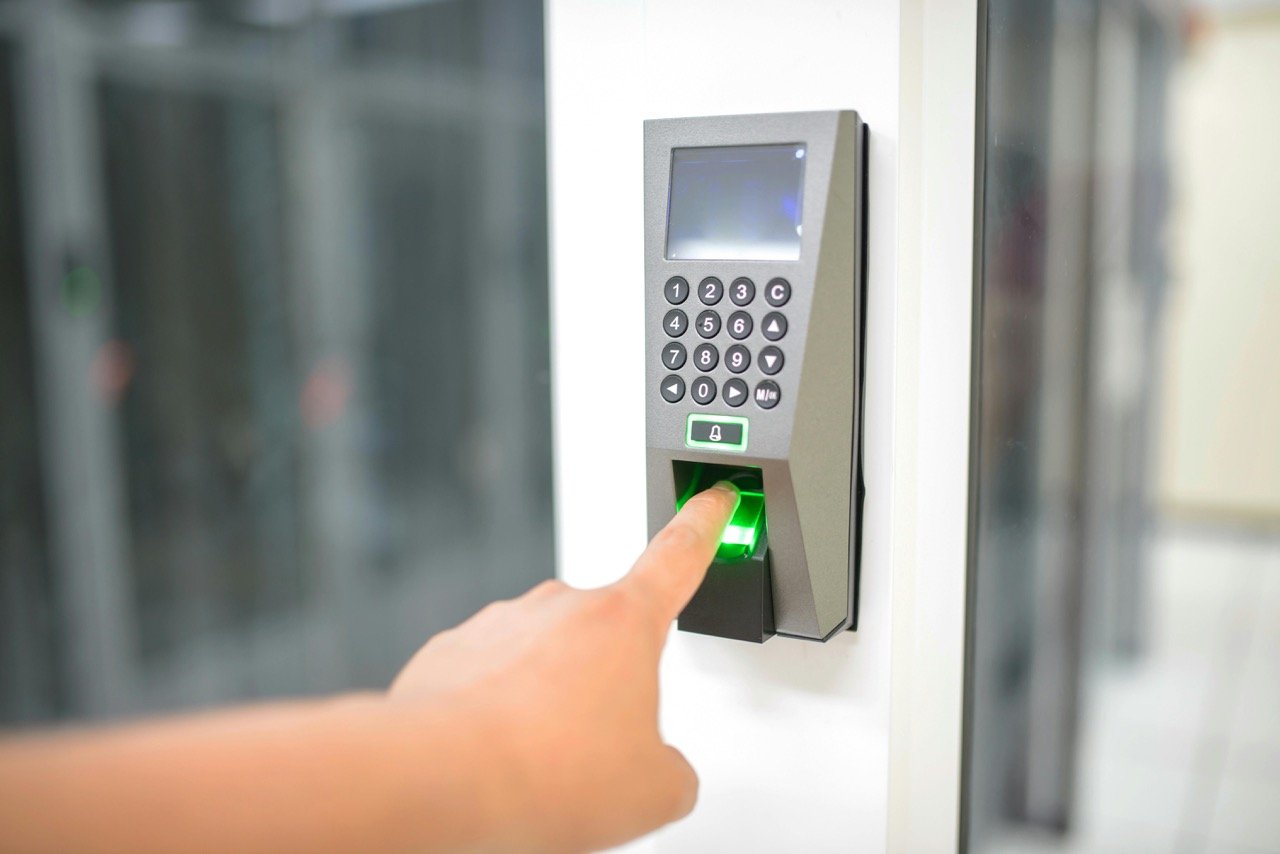BIPA Cases
If your employer collects your fingerprint at work, Dapeer Law can help you recover the compensation you deserve.
BIPA - The Basics
The Biometric Information Privacy Act, commonly known as “BIPA”, was originally enacted in Illinois in 2008 to regulate the collection, storage, and handling of biometric identifiers and information. BIPA requires organizations to obtain express consent from individuals before collecting their biometric data and to establish strict guidelines for its storage and protection.
Why Employers Collect Biometric Information
Employers collect biometric information for various reasons, with the primary goals being enhanced security, streamlined processes, and improved efficiency. Biometrics, including fingerprints, retina scans, and facial recognition, provide a unique and secure method of identifying individuals, making it appealing for authentication purposes in workplaces.
Harm of Exposed Biometric Information
The exposure of biometric information poses significant risks to individuals. Unlike passwords or PINs, biometric data is irreplaceable. If compromised, it cannot be changed or reset, making individuals vulnerable to identity theft and other malicious activities. Furthermore, the unauthorized use of biometric data can lead to severe consequences, both personally and professionally.
Importance of Finding a Class Action Attorney:
Legal Expertise: BIPA is a complex legal framework, and understanding its nuances requires legal expertise. Class action attorneys specializing in BIPA cases possess the knowledge to navigate the intricacies of the law and advocate for the rights of affected individuals.
Protecting Individual Rights: Class action lawsuits enable individuals to band together against organizations that fail to uphold BIPA provisions. By seeking the assistance of a class action attorney, individuals can collectively assert their rights and hold companies accountable for any breaches.
Fair Compensation: In the event of a BIPA violation, affected individuals may be entitled to compensation. A class action attorney can help ensure that affected parties receive fair and just compensation for the potential harm caused by the exposure of their biometric information.
Deterrence and Accountability: Class action lawsuits serve as a deterrent, signaling to employers the importance of adhering to biometric privacy regulations. Holding companies accountable through legal action reinforces the need for responsible and secure handling of biometric data.
If your employer requires you to use your biometric information at work, you may be entitled to compensation. Reach out today to Dapeer Law for a free case evaluation.

